Improve reading skills Building Vocabulary Worksheets for Ages 6-8
12 filtered results
-
From - To
Unlock your child’s reading potential with our interactive Building Vocabulary Worksheets for ages 6-8! Specifically designed to improve reading skills, these engaging worksheets help young learners expand their vocabulary in a fun and effective way. Each worksheet encompasses a variety of activities like word matching, sentence creation, and comprehension exercises that cater to different learning styles. Boost your child's confidence and proficiency in reading, all while ensuring they enjoy their learning journey. Ideal for both classroom use and home practice, these worksheets are a perfect tool to supplement your child's education and foster a lifelong love for reading.
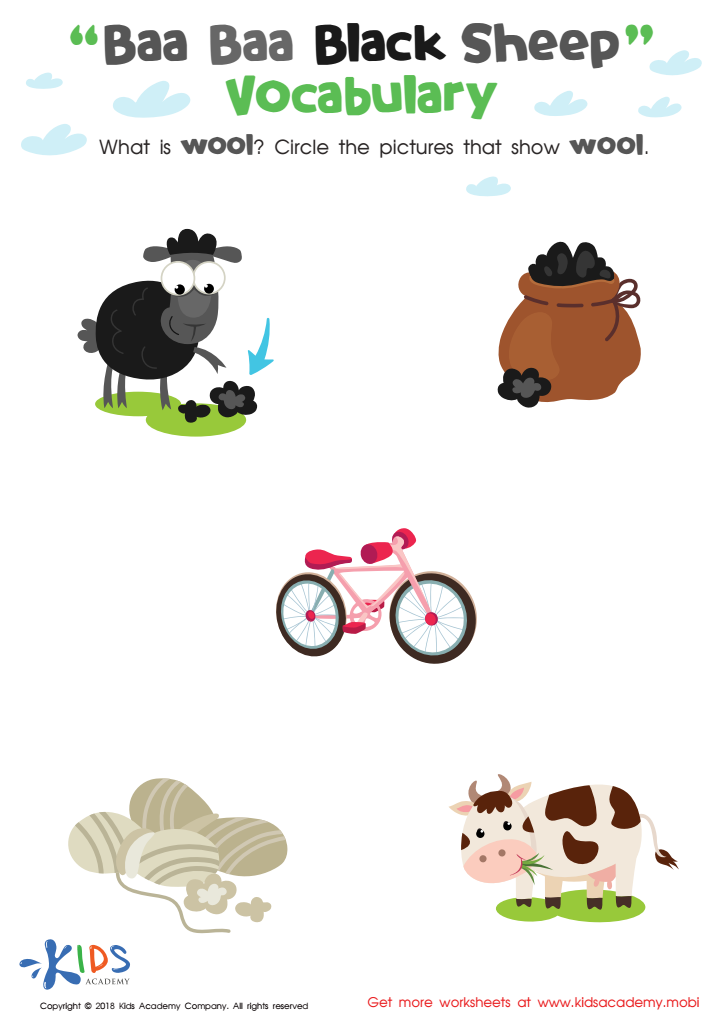

Baa Baa Black Sheep: Vocabulary Worksheet
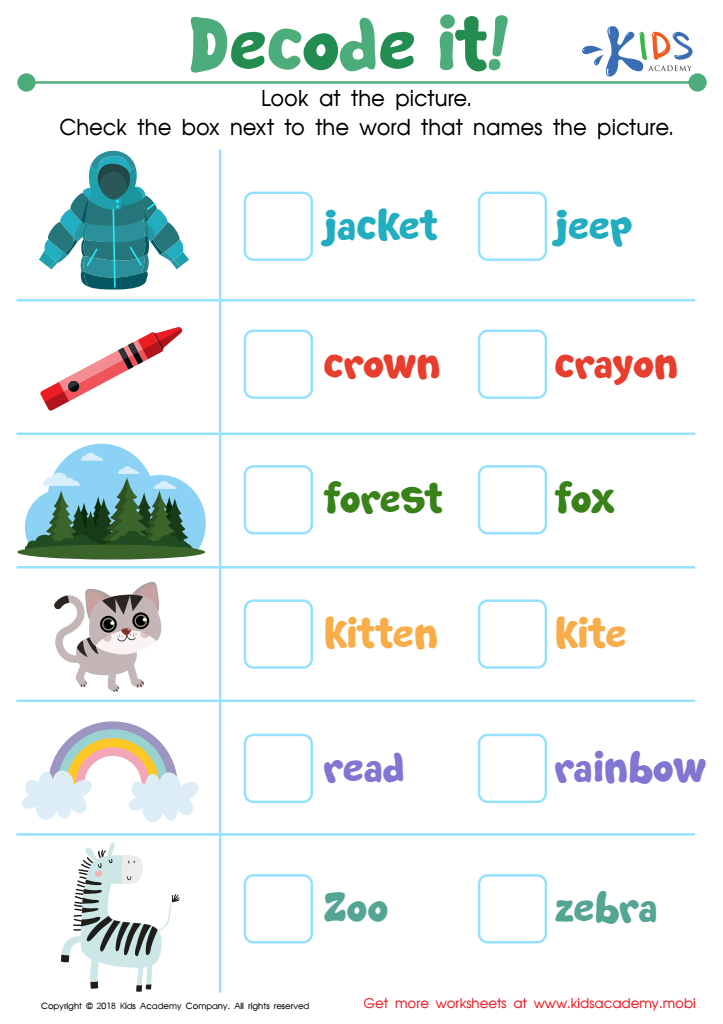

Reading: Decode It Worksheet
Building vocabulary and improving reading skills in children aged 6-8 is crucial for several reasons. At this formative stage, children's brains are exceptionally receptive to learning new words and language structures. Enhanced vocabulary equips children with the tools they need to understand and engage with the world around them, fostering better communication, both spoken and written.
Reading skills are foundational to all learning. When children read effectively, they can absorb information more easily across all subjects, from mathematics to social studies. Proficiency in reading enhances comprehension, critical thinking, and overall academic performance. Children with strong reading skills also enjoy richer imaginations and the ability to express themselves more precisely, boosting their confidence and social interactions.
Additionally, an extensive vocabulary allows children to grasp complex concepts and follow instructions more effectively. It encourages a love of reading, paving the way for lifelong learning and curiosity. Parents and teachers who prioritize these skills early on set the stage for ongoing educational success. They help to close early literacy gaps, ensuring that all children have an equitable start. Investing in reading and vocabulary at a young age is a gift that pays dividends throughout a child's life, granting them the keys to knowledge, creativity, and personal growth.
 Assign to My Students
Assign to My Students











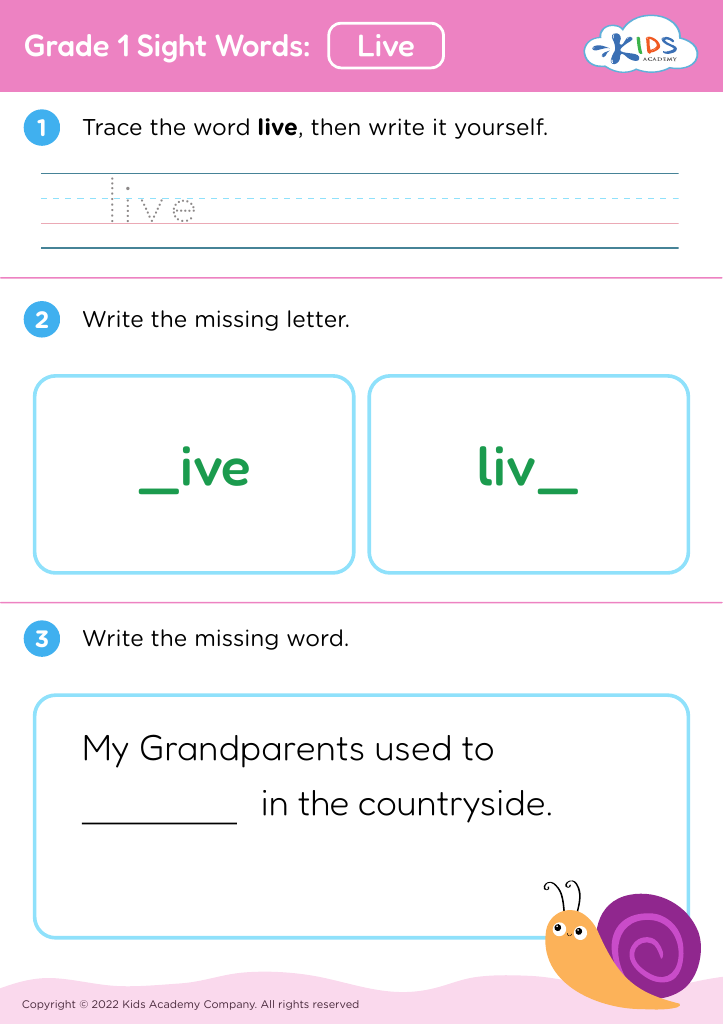
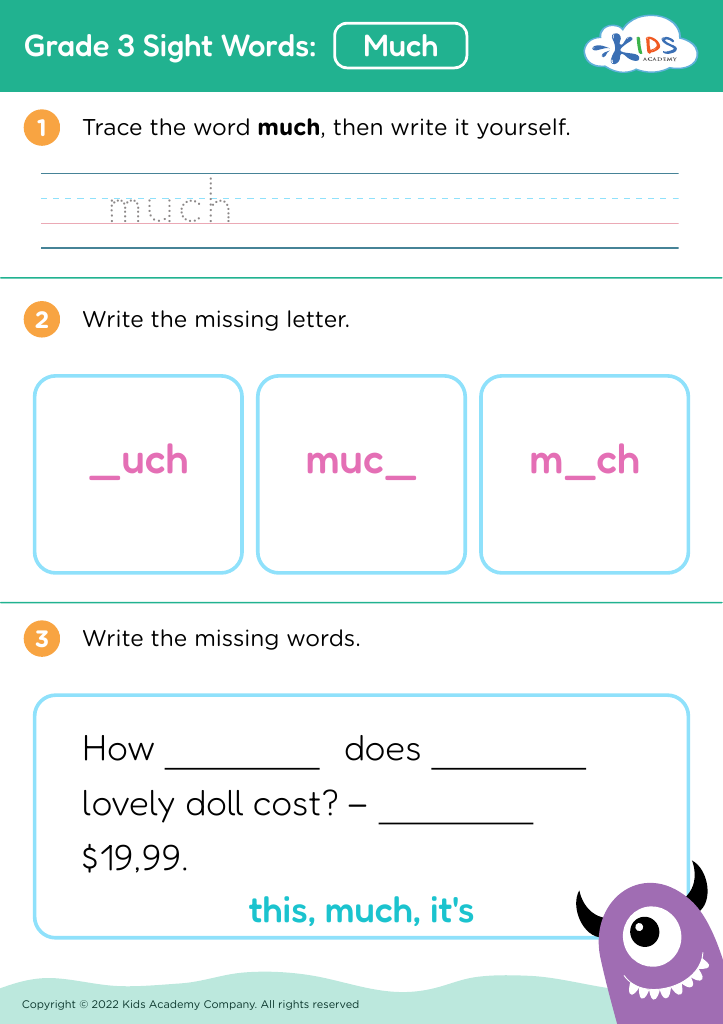


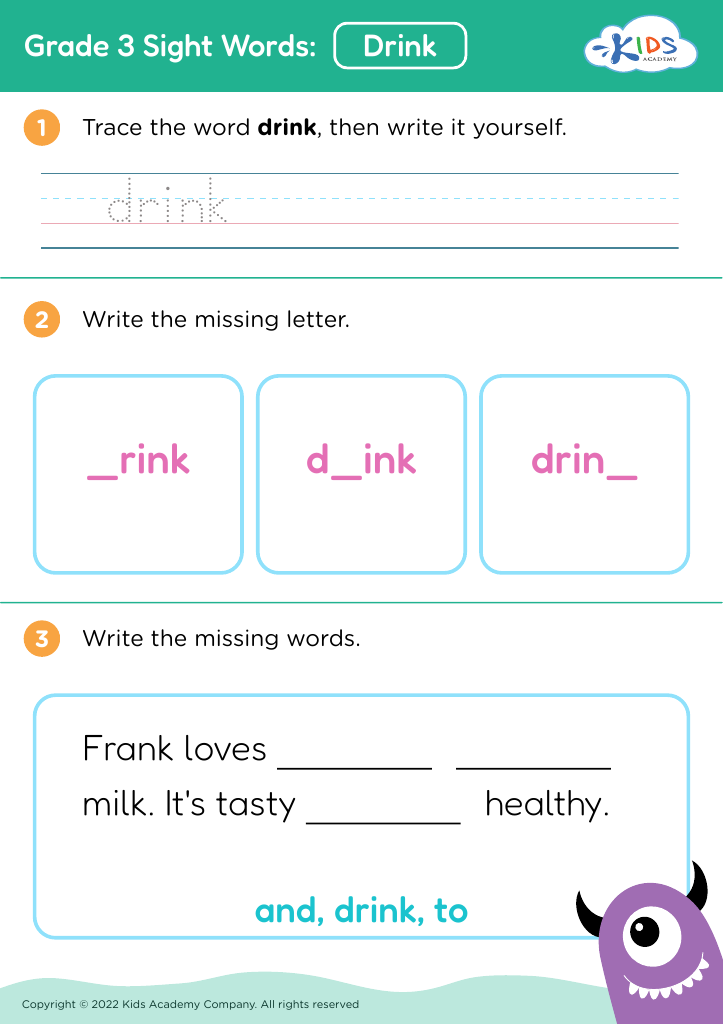
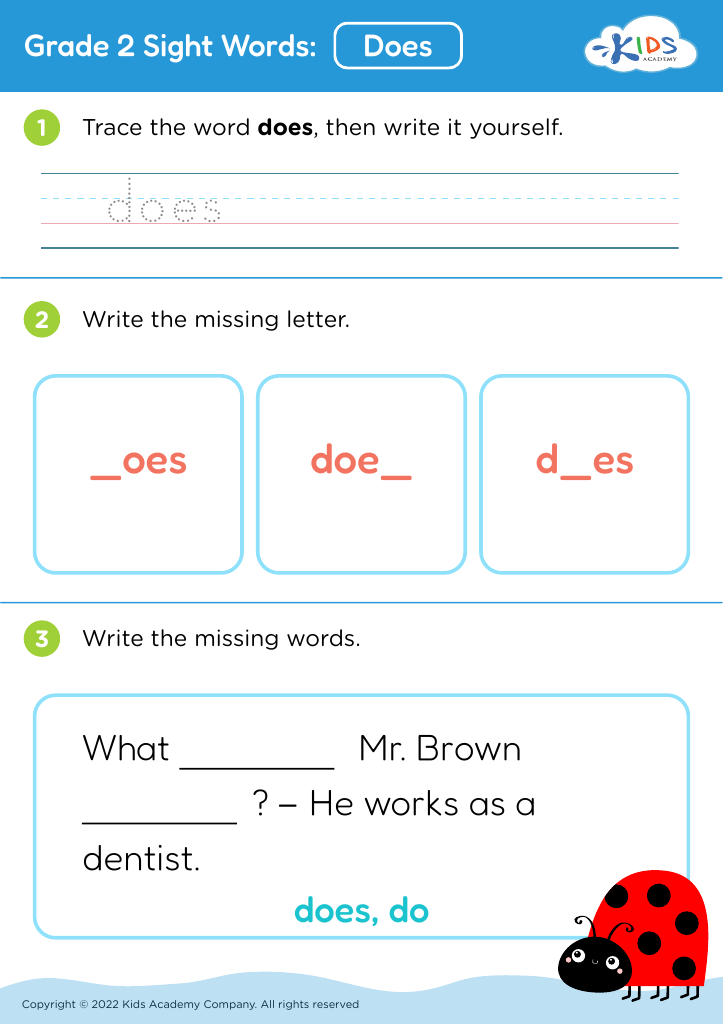
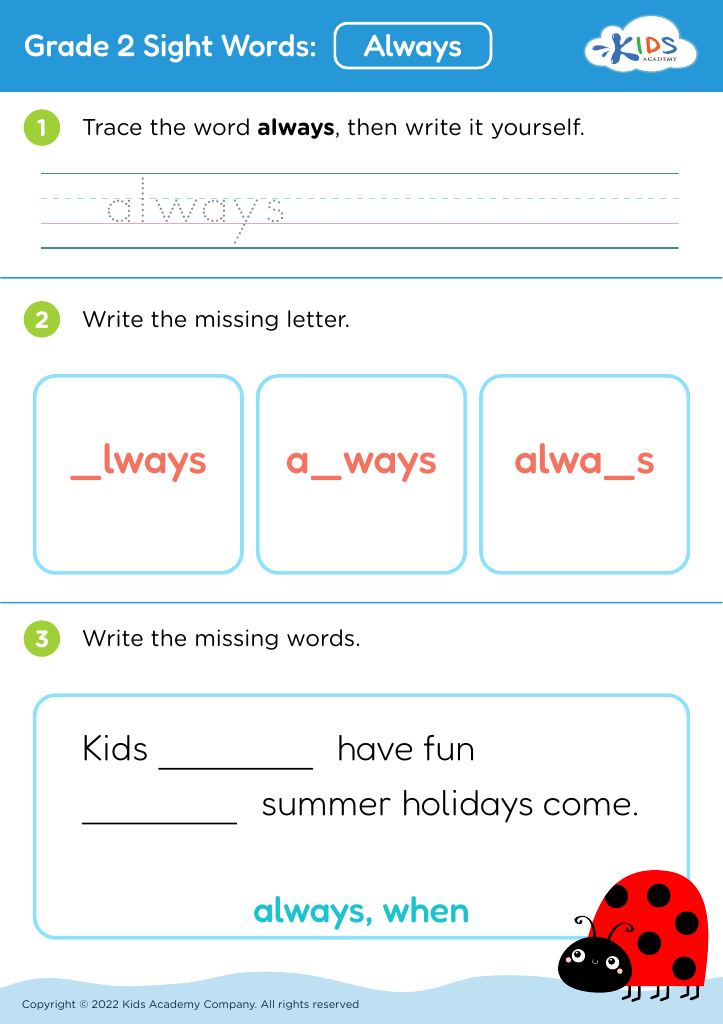

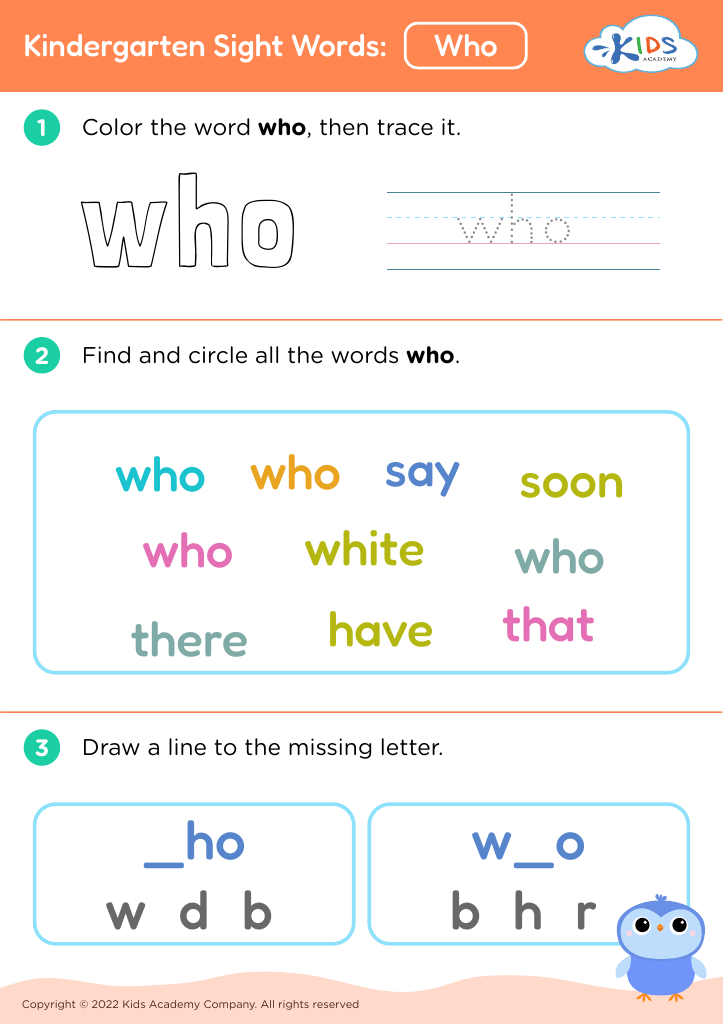
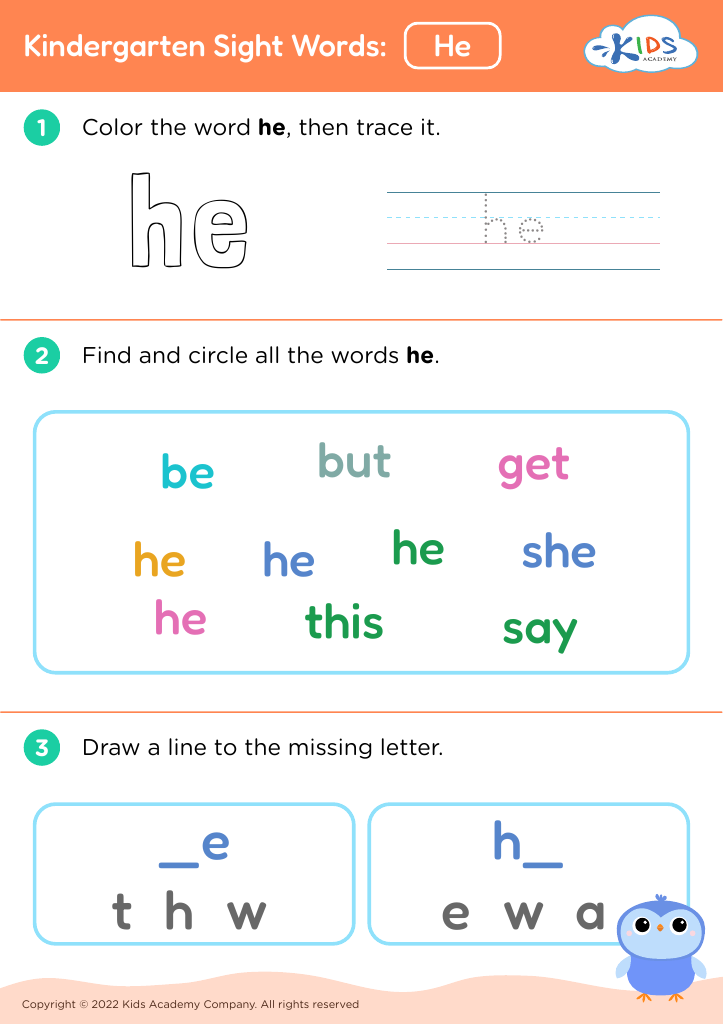
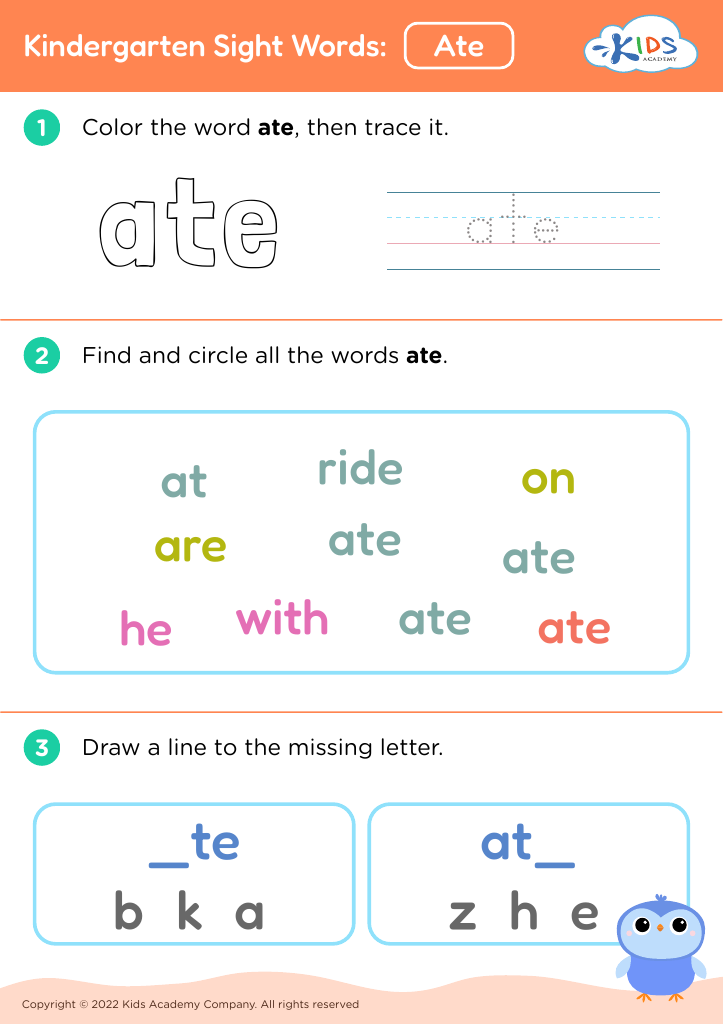








.jpg)









